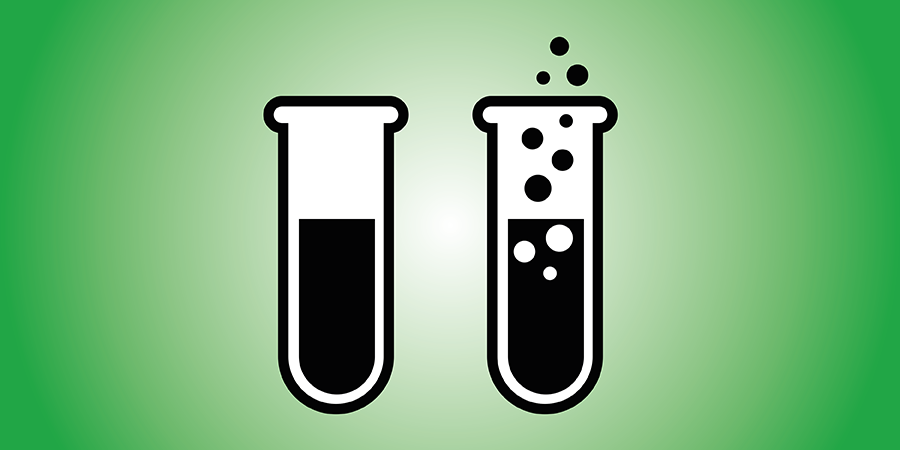For me, personally, few things are as they used to be when I started my practice as the only female GP in a cluster of five surgeries in neighbouring villages eleven years ago. There were two females among 20 GPs in the whole district then, and that hasn't changed – my position as a woman among male colleagues certainly has. In the beginning I was confronted with the doubts my colleagues had, concerning my reliability as a partner and my possible involvement in the work as a GP, since I had a family with two small children. During my early years, I certainly struggled with the increasing workload of a growing rural solo practice, until practice and family organisation both worked smoothly. I believe that by now my colleagues have experienced that enthusiasm, reliability and involvement are not gender-related, but are surely helped or hindered by gender roles in society and by inner familial organisation. Initial sexual harassment over the phone stopped after a while, and I lost my fear of lone house visits at night, simply because nothing ever happened. Another substantial change concerns my reluctance to working alone. I didn't have any other option, since groups are not possible in Austria. After a period of loneliness, I learnt to cooperate with my neighbouring colleagues, and I got in touch with the Austrian Society of General medicine, as well as WONCA. Of course, I am still alone in my surgery, but I feel part of a group of GPs – sharing problems, and happily trying to contribute in dealing with them.
Leaving my personal situation aside and looking at changes in Austrian Primary care in general, I find remarkable progress in medical structures in my area: ten years ago we lacked a lot of specialists and equipment; many patients had to be sent to the bigger cities for adequate care and modern diagnosis. There were very few psychotherapists and little physiotherapy on offer; a 24-hour emergency system had only just been established. These days patients have to travel only for highly specialised tests and treatments. Access to diagnostic and therapeutic procedures is even better in our rural areas than in the bigger cities: we can get appointments easier and faster, interprofessional communication works more smoothly, the flow of information is more reliable – because we all know each other. This also has, of course, its other side for us GPs: lower thresholds to specialist care and to high-tech medicine also means higher costs and more challenges in decision-making. Patients have certainly become more self-confident and more demanding. On the other hand, economic pressure is rising. We are being restricted by insurance companies (who pay for our services), mainly but not only with regard to prescriptions, and that is only the beginning. Our real incomes are frozen, for some of us declining, but workload is rising with the higher standards in quality of care. We were used to be in a gate-opening position, and now find ourselves increasingly having to close gates. This is a difficult situation for GPs in Austria, since patients can easily bypass us and access specialist care on their own initiative. If we GPs don't give them what they ask for, we risk losing them as patients, both as individual doctors and as a profession: in our cities many patients no longer have a family doctor. They seek specialist help according to their own judgement. The need for a solid patient-doctor relationship, for good communication and for high quality in General Medicine has become an important topic for an increasing number of colleagues: I don't think I had even heard the term ‘evidence-based medicine’ ten years ago. After a period of reluctance among GPs who felt that their experience no longer counted, nowadays most of us have understood the necessity of a rational basis to our work. Quality circles have been founded all over Austria. Such circles add to our self-confidence and perception of General Medicine as a specialisation of its own. There are a growing number of colleagues attending training sessions in communication skills and Balint groups. The CME Program started years ago and is now working well. An Austrian Version of the Finnish EBM Guidelines for General Medicine is to be published this year, and Austrian GPs will be taking part in the European practice assessment programme. Quality assessment basically remains in our hands for the time being, though, of course, insurance companies and politics show increasing interest in outside control. The near future will show the extent to which we can keep it that way… I am convinced that economic pressure does not necessarily and, on its own, lead to difficulties in caring for patients, but, depending on our reactions, can also mean a rise in quality, to a more important role of General Medicine within the Health Care System.
Reacties
Er zijn nog geen reacties.



